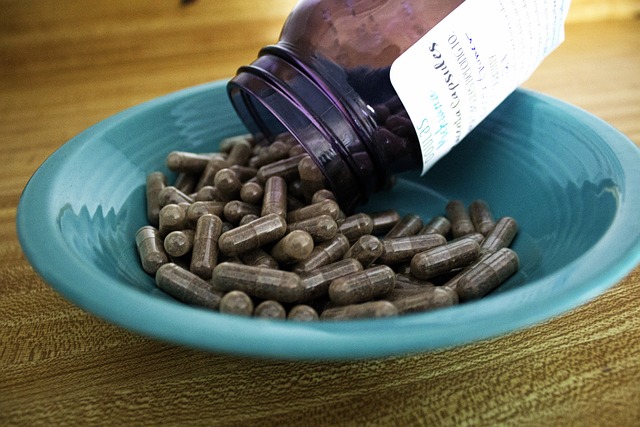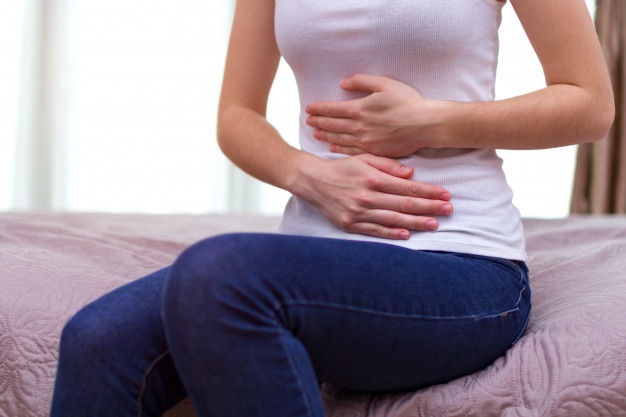Introduction:
Getting pregnant is an exciting journey, and as an expectant mother, it’s crucial to prioritize your health and the well-being of your growing baby.
One of the key aspects of a healthy pregnancy is ensuring you have the necessary nutrients to support your baby’s development.
In this article, we will discuss the essential prenatal vitamins and supplements that you should consider taking to promote a healthy pregnancy.
Let’s dive in and explore the vital nutrients your body needs during this special time.
Folic Acid:
Folic acid is essential for the early development of your baby’s neural tube, which eventually forms the brain and spinal cord.
Taking a folic acid supplement before and during pregnancy can help prevent certain birth defects. The recommended daily dosage is 400 to 800 micrograms.
Iron:
Iron is crucial for producing red blood cells and preventing anemia in both you and your baby.
During pregnancy, your iron needs increase significantly.
It’s advisable to take an iron supplement to meet these increased requirements.
Your healthcare provider will guide you on the appropriate dosage.
Calcium:
Calcium is essential for your baby’s bone development, as well as maintaining your own bone health.
If you don’t consume enough calcium through your diet, your healthcare provider may recommend a calcium supplement.
The recommended daily intake is around 1,000 to 1,300 milligrams.
Vitamin D:
Vitamin D plays a vital role in bone health and helps your body absorb calcium.
It also supports your baby’s skeletal development.
Depending on your vitamin D levels, your healthcare provider may suggest a supplement.
The recommended daily intake is around 600 to 800 international units (IU).
Omega-3 Fatty Acids:
Omega-3 fatty acids, particularly DHA (docosahexaenoic acid), are crucial for the development of your baby’s brain and eyes.
Consuming omega-3 fatty acids from sources like fish oil or algae-based supplements can provide the necessary DHA.
Speak to your healthcare provider about the appropriate dosage.
Iodine:
Iodine is essential for the production of thyroid hormones, which are crucial for your baby’s brain development.
Taking an iodine supplement, usually in the form of potassium iodide, is recommended during pregnancy.
The recommended daily intake is around 220 to 250 micrograms.
Vitamin B12:
Vitamin B12 is important for the development of your baby’s nervous system and red blood cell production.
If you follow a vegetarian or vegan diet, you may have a higher risk of vitamin B12 deficiency.
Your healthcare provider may recommend a supplement to ensure adequate levels.
Vitamin C:
Vitamin C is necessary for the formation of collagen, which is important for the development of your baby’s skin, bones, and connective tissues.
It also supports your immune system. Including vitamin C-rich foods in your diet is usually sufficient, but your healthcare provider may suggest a supplement if needed.
Zinc:
Zinc is involved in various processes of fetal development and growth.
It supports cell division and helps your baby’s immune system develop properly.
While most prenatal vitamins contain zinc, your healthcare provider may recommend additional supplementation if necessary.
Conclusion:
During pregnancy, taking the right prenatal vitamins and supplements is crucial to support your own health and the development of your growing baby.
Folic acid, iron, calcium, vitamin D, omega-3 fatty acids, iodine, vitamin B12, vitamin C, and zinc are among the essential nutrients that can contribute to a healthy pregnancy.
Remember to consult with your healthcare provider before starting any prenatal vitamins or supplements.
They can assess your specific needs, provide personalized recommendations, and ensure that you are taking the appropriate dosages.
By prioritizing your nutritional needs and following your healthcare provider’s guidance, you can help ensure a healthy pregnancy and give your baby the best start in life.
In addition to taking prenatal vitamins and supplements, it’s important to maintain a well-balanced diet rich in fruits, vegetables, whole grains, lean proteins, and healthy fats.
This will provide you with a wide range of essential nutrients and support overall health during pregnancy.
Keep in mind that supplements are meant to complement a healthy diet, not replace it.
Therefore, strive to eat a variety of nutrient-dense foods to meet your nutritional requirements as much as possible.
Lastly, remember that every pregnancy is unique, and individual needs may vary.
Your healthcare provider will assess your specific circumstances and may recommend additional supplements based on factors such as your medical history, diet, and lifestyle.
By prioritizing your prenatal vitamins and supplements, along with a healthy diet and regular prenatal care, you can optimize your chances of a healthy pregnancy and set the stage for a happy and thriving baby.











